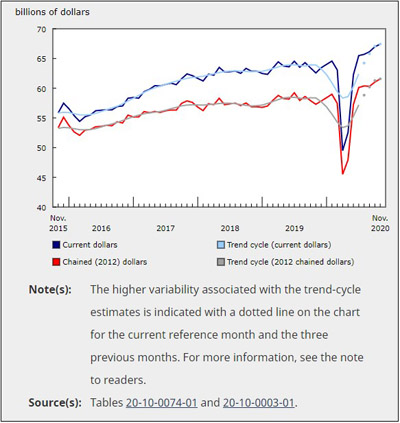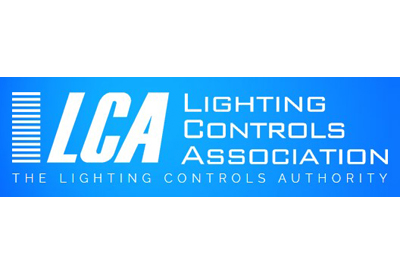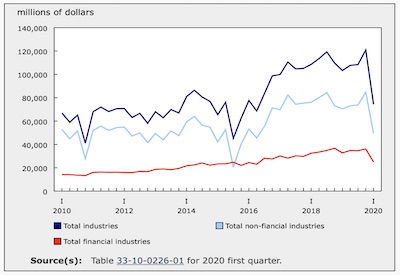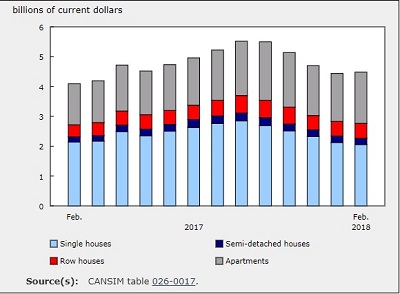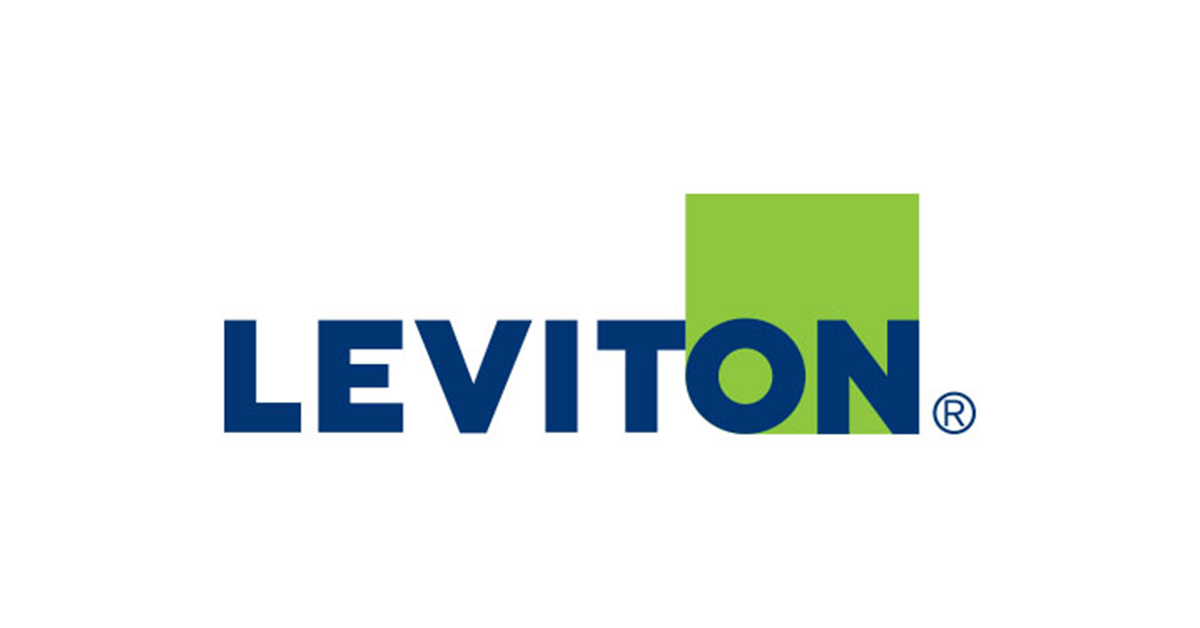Standards and International Competitiveness
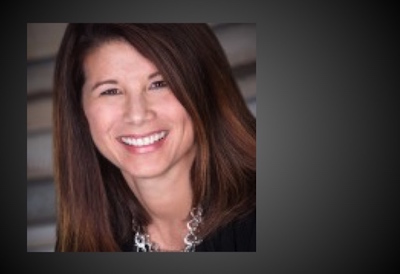
Apr 29, 2019
Carol McGlogan
Canada has worked hard to open international market access via free trade agreements in North America, Asia and Europe. The elimination of tariffs between these regions enables companies to re-examine their structures and has resulted in a global supply network. In this new economy, Canadian companies have an opportunity to play a bigger role on the world stage.
Like taxes, standards can also either open or close market doors. To this end, the International Electrotechnical Commission (IEC), an independent, non-governmental, not-for-profit organization, helps develop and publish consensus-based International Standards. IEC members include government, private and public entities. The process of creating an international standard involves a single vote per UN-recognized country. Each member country, no matter how large or small, has one vote and a say in what goes into the IEC International Standard. At the IEC standards development table, Canada’s voice is equal to that of the U.S. and China and every other country.
As directed by the Standards Council of Canada, CSA is required to refer to any IEC standard as the seed document when updating an existing standard or creating a new one… and so, the plot thickens: if Canada is not at the IEC table influencing the standard, the seed document may be more favourable to products made in other countries, thereby limiting abilities for Canadians to participate in international trade and challenging our own product portfolios.
The solution is simple: we must get involved and we must have our voices heard. However, this is not quite as simple as it sounds. Participation requires investment and subject-matter experts on technical committees who are crafting standards. Many Canadian subject-matter experts are retiring and are not being replaced. Some companies feel that technical representation from other countries will suffice… but what about the Canadian vote? A Canadian vote can further support a North American or European position and it shouldn’t be wasted — the stakes are far too high. It is important to note that China heavily invests in IEC influence as the Chinese have realized the importance of involvement in standards activity to gain international access.
Our EFC manufacturer leaders must emphasize the importance of Canada’s voice at the IEC table, and understand that a missed vote can mean a closed door and increased R&D and product costs. In addition to the IEC, EFC manufacturers must ensure that their companies are properly represented at CSA standards committees to ensure market doors are kept open.
EFC is working on identifying the network of standards and regulatory organizations that are important to each product section. We are documenting the web of participation in our industry and mapping requirements to make sure our voice is heard.
Our role at EFC is to help our members grow, lead and compete. Standards participation is an absolute foundation for that to happen.
Carol McGlogan is President & CEO, Electro-Federation Canada.

